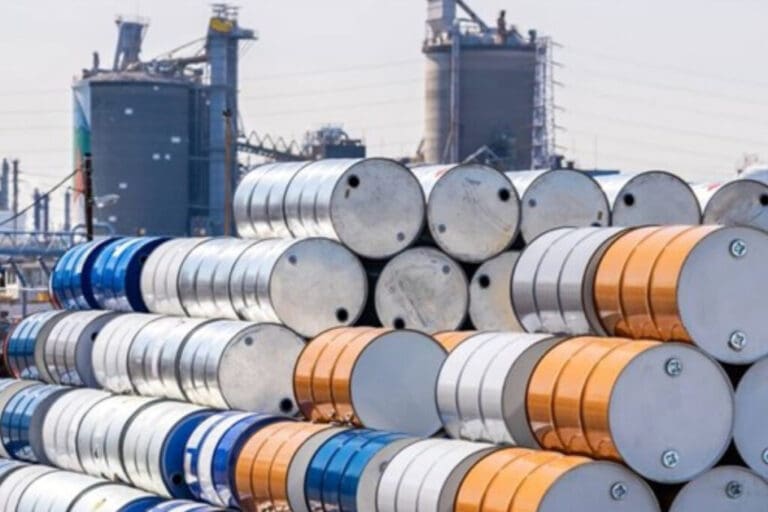Morocco is developing an ambitious project to increase its oil storage capacity to 1.8 million cubic meters by 2030, while achieving notable progress in renewable energy production.
Moroccan Minister of Energy Transition and Sustainable Development, Leila Benali, outlined the country’s plans to strengthen energy resilience and expand renewable energy capabilities. Speaking at the House of Councillors on Tuesday, she announced the project, which will add the equivalent of 41 days to Morocco’s national oil reserves.
The initiative includes a 5-billion-dirham ($488 million) investment to support private-sector projects aimed at boosting oil storage capacity. This expansion is expected to create over 3,600 direct jobs and thousands of indirect jobs.
In addition to storage plans, Benali highlighted significant strides in renewable energy. By August 2024, Morocco’s renewable electricity capacity had reached 5,300 megawatts, reflecting a 7.3% increase under the current administration. For the first time, wind energy production surpassed hydropower, marking a major shift in the country’s energy mix.
“Renewable energy now accounts for one-fifth of Morocco’s electricity demand,” Benali stated, noting that the ministry had approved private-sector projects totaling more than 2 gigawatts of renewable capacity in just two years—a record achievement. Advanced reforms have also reduced production costs, with renewable energy, including advanced battery storage, costing less than 0.40 MAD ($0.04) per kilowatt-hour. This development positions Morocco’s clean energy sector as globally competitive.
Investment in renewable energy has surged dramatically, from 3.5 billion dirhams ($341 million) annually before 2021 to 15 billion dirhams ($1.46 billion) per year after 2023. Looking ahead, 30 billion dirhams ($2.93 billion) have been allocated for future projects, including a 3-gigawatt electrical interconnection line linking southern and central Morocco.
In September, Morocco introduced three key decrees to accelerate its renewable energy transition. The first decree mandates the use of smart meters to enhance grid efficiency and integrate more renewable energy.
The second establishes “certificates of origin” for renewable electricity, promoting green energy and aligning with global standards.
The third supports energy service companies in implementing energy-saving measures and improving equipment performance.
These advancements underscore Morocco’s commitment to energy independence and sustainability, solidifying its position as a leader in renewable energy in Africa and beyond.
MK/sf/te/lb/as/APA


